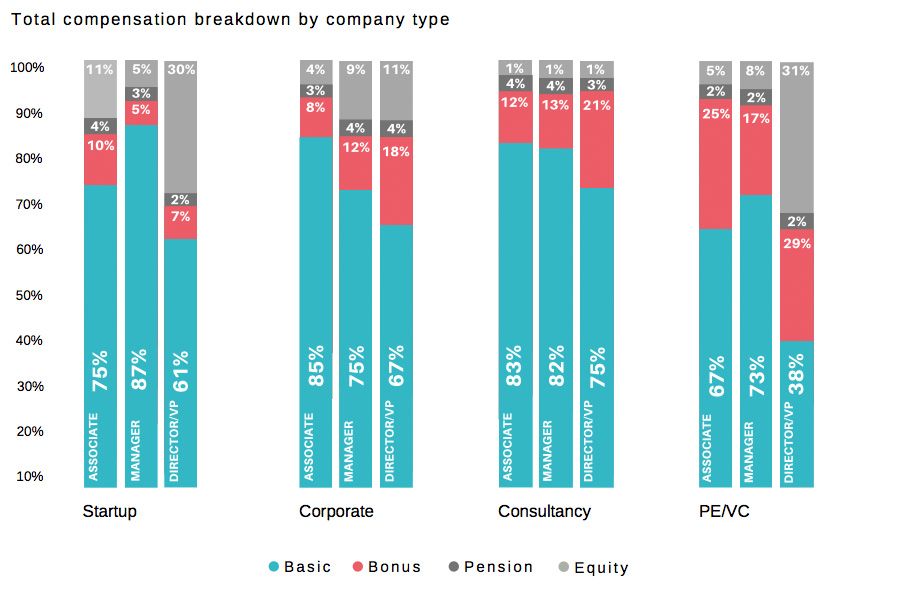
If you're looking for an Indianapolis financial advisor, you've come to the right place. The SEC-registered Castle Investment Advisors focuses on the management of personal assets, charitable trusts, retirement funds, and private family foundations. Castle Valuation Group also exists, which prepares business appraisals for private and public companies. Castle Investment Advisors can assist you with all aspects of business transactions, including retirement planning and selling.
Fiduciary financial advisers protect clients' interests over their own
Fiduciary advisors are financial advisers who place the best interests and needs of their clients first. Fiduciaries work under strict legal guidelines, and they never receive compensation from the companies they recommend. This ensures that their advice is objective and free from conflicts of interests.
Fiduciary financial planners will invest your money responsibly and with diligence. Their goal is to protect your interests, so they won't make any recommendations without you consent. A fiduciary advisor can help you find the best investments, rebalance your portfolio, and provide peace of mind.

Senior financial advisors
A senior financial advisor is a person who can help seniors to manage their money and stop them falling for fraud. To meet your loved person's needs and financial goals, it is crucial that you choose the right advisor. Seniors who are looking to increase their retirement savings will have different goals than those who care more about the management of their existing nest.
Many Indianapolis-based companies offer senior financial advisory services. CFG Wealth Management Services is one example. CFG Wealth Management Services, an Indianapolis-based firm, offers its clients retirement planning, investment management and education services. Its team of professionals has over 30 years of experience in retirement planning and asset management. Each advisor is a certified Financial Planner.
Advisors who charge a fee
A fee-only Indianapolis financial advisor is an excellent option for financial planning. These financial advisors provide services like investment management, tax planning and retirement income planning. These independent fiduciaries earn their compensation directly from clients. This eliminates potential conflicts of interests that could arise from commission-based arrangements.
The fiduciary will determine the cost of a fee only financial advisor in Indianapolis. These advisors generally charge a one-time fee from $1,000 to $2,000 and an hourly rate from $200-500. You may also need to pay a $100-$1000 monthly retainer fee for asset management. Advisors may also charge a commission for certain products or a percentage on the total portfolio value.

The cost of working with a financial planner
Costs for working with a Indianapolis financial advisor are a matter of personal preference and can vary widely. There are some things to keep in mind as you consider which advisor to choose. First, make sure you ask if the adviser is charged a fee. This will ensure you are getting advice that is consistent with your best interests. A fee-only advisor is less likely than a fee-based financial advisor to sell you unnecessary products.
Next, you should consider whether the advisor is a fiduciary, which means that they are legally bound to put their clients' best interests first. A fiduciary does not receive compensation from the companies they recommend.
FAQ
How much should a consultant charge?
It all depends upon what you offer. If you're providing services for free, there is no reason to charge anything. If you sell products or services, however, you must set prices based upon value.
If you offer low-quality services then you don’t have anything for sale. You are not worth anything, so why should anyone pay you anything.
You might be able ask for a more expensive price if your services are of high quality. People recognize the value in you offering. Customers who buy multiple services from you may qualify for discounts.
What was the origin of modern consultancy?
The first consultants were actually accountants who would help companies manage their finances. They became known as "accounting consultants." This was because they had become very skilled at managing financial information. But, their role soon expanded to other areas such as human resource management.
The French word for "to advice" was the inspiration behind the term "consultant." This was used by businessmen as a way to describe someone who could provide guidance on running an organization. The word consultant is still used by most business owners to refer to any kind professional advisor.
What skills is required to consult?
An effective consultant must have strong interpersonal skills as well as analytical skills. This is crucial because you might not be able to understand what you are doing when you work on complex projects. You will need to learn how you manage people and solve problems quickly.
Communication skills are essential. Clients expect a response within 24 hours. If they don't hear anything, it is likely that they aren't interested in you. It's crucial to keep them informed and make sure they understand everything.
Why should consultants be hired?
There are many reasons why you might need to hire consultants:
-
An organization might have a particular problem or project that requires solving
-
You want to improve or learn new skills.
-
You'd like to work in conjunction with an expert in a specific field
-
No one else is available to take on the task.
-
Feel overwhelmed by all the information available and don't know where you should start
-
You cannot afford to pay someone fulltime
Word of mouth is the best way to find a great consultant. Ask your friends and family if they know of any reliable consultants. If you already know someone who works as a consultant, ask him/her for recommendations.
If you're interested in using online directories, such as LinkedIn, you can use the "Search People” feature to find consultants near your location.
How can I select a consultant?
There are three major factors you should consider:
-
Experience - How experienced is this consultant? Are they a beginner, intermediate, expert, or some other level? Does her resume demonstrate that she has the required skills and knowledge
-
Education - What did he/she learn in school? Did he/she pursue any relevant courses once he/she graduated? Are we able to see evidence of his/her learning through the way he/she writes
-
Personality - Are we attracted to this person? Would we hire him/her to be our employee?
-
These questions help to decide if the consultant suits our needs. If the answers to these questions are unclear, it might be worth a first interview to get more information about the candidate.
Statistics
- 67% of consultants start their consulting businesses after quitting their jobs, while 33% start while they're still at their jobs. (consultingsuccess.com)
- Over 50% of consultants get their first consulting client through a referral from their network. (consultingsuccess.com)
- WHY choose me: Why your ideal client should choose you (ex: 10 years of experience and 6-week program has helped over 20 clients boost their sales by an average of 33% in 6 months). (consultingsuccess.com)
- According to statistics from the ONS, the UK has around 300,000 consultants, of which around 63,000 professionals work as management consultants. (consultancy.uk)
- According to IBISWorld, revenues in the consulting industry will exceed $261 billion in 2020. (nerdwallet.com)
External Links
How To
What Does A Typical Day For A Consultant Look Like?
The type of work that you are doing will affect the typical day. You'll spend your time researching new ideas and meeting clients.
Meetings are a common way to discuss problems and issues with clients. These meetings can take place over the phone, via email, online, or face to face.
It is possible that you will be asked to write proposals. These documents outline your ideas and plans, and are required by clients. You'll need to discuss your proposals with a mentor, colleague, or friend before you present them.
After all the planning and preparation, you will have to produce some content. For example, you could be writing articles, designing websites, creating videos, editing photos, or conducting interviews.
You may need to conduct research depending on the scope of your project to find relevant statistics and figures. You might need to determine how many customers you have, and whether they buy more than one product.
Once you have gathered enough information, it's time to present your findings to clients. Your findings may be delivered orally, or written.
After your initial consultation with clients, you need to keep in touch. You might contact them regularly to check on their progress or send them emails to confirm they have received your proposal.
Although it takes time, this process is worth it. It's also important to keep your eyes on the prize and maintain good relations with clients.